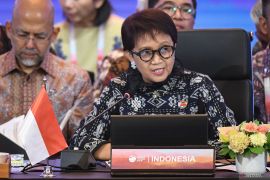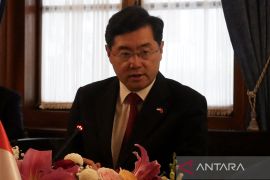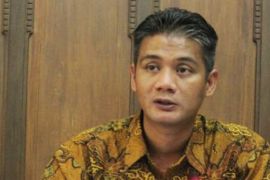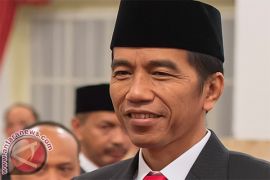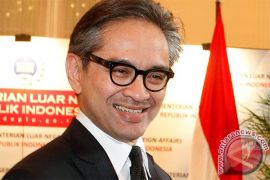"Our ocean faces a serious problem. Every year, at least 12.7 million metric tons of plastic waste are thrown into the ocean. Plastic waste would not only pollute the ocean but also endanger all living things, including humans," the Foreign Affairs Ministrys Director General for ASEAN Cooperation Jose Tavares said in a statement here on Wednesday.
Tavares made his statement at the opening ceremony of the summit held in Bali on Sept 6 and 7.
"Some 80 percent of plastic waste in the ocean came from land sources due to ineffective waste management and unregulated behavior of worlds coastal communities in handling plastic waste," Tavares asserted.
Plastic waste pollution in the ocean would not only create a negative impact on the environment but also cause financial loss due to the declining state revenue from marine sector.
"It is important for the EAS to play an active role. Through this conference, we expect some concrete solutions for the issue of plastic waste in the ocean," he stated.
Indonesia has taken efforts to address the issue of plastic waste, among others, through the establishment of the National Action Plan on Plastic Waste.
The plan is linked to the countrys commitment to reduce Indonesias contribution to plastic waste in the ocean by 70 percent by 2025.
The summit was attended by some 85 representatives of EAS members, including academicians, private sectors, non-governmental organization, and representatives of ASEAN Secretariat.
The conference discussed issues and challenges in managing plastic waste in the ocean and highlighted innovative solution as well as local and national policies, private partnerships, and education to change peoples behavior to actively combat plastic waste.
The Indonesian delegation in the summit has conveyed some approaches taken by the government to combat plastic waste in the ocean, including the issuance of a presidential decree no.16/2017 on Indonesian Maritime Policy and the National Action Plan on Plastic Waste in the Ocean for 2017-2025.
The government has also enforced the policy to convert waste into a source of energy, development of bio-plastic made from cassava and seaweed, and development of garbage banks.
Reported by Yuni Arisandy
(S022/INE/B003)
EDITED BY INE
(T.SYS/A/KR-BSR/B003)
Editor: Aditia Maruli Radja
Copyright © ANTARA 2017


